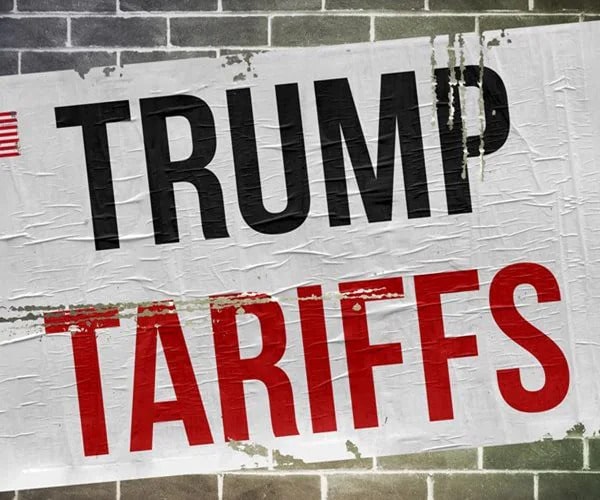
By Dr. Shan Nair | Thursday, 09 January 2025 01:23 PM EST
With the advent of President Trump in 2025, US government policies are about to go through a sea change. On the one hand free market economics, lower taxes and a more favorable environment for fund raising by private equity and venture capital firms will be tempered by the use of tariffs as instruments of pressure on foreign governments to toe the line coupled with tighter immigration controls. In this article we review how these changes could impact the opportunities global expansion provides for US companies.
Tariffs: A Benefit or Burden
Tariffs by US could increase the chances of a trade war since the target countries may retaliate. In these circumstances, US manufacturing businesses with substantial volumes of foreign sales could seriously consider starting up manufacturing operations in country. Tariffs could therefore have the perverse effect of increasing global expansion for these types of companies.
In the technology sector, the main objective of venture capital funded businesses is often to show their product or service has international appeal. They therefore aim to achieve some international sales even if these are loss making because a potential purchaser can then “piggy back” market these as add-ons to their other products or services and thus realize their true market potential.
Tariffs are, therefore, unlikely to do more than increase the losses of these types of companies albeit this will be offset by the expected easier availability of investment capital and credit in 2025.
Tariffs will also have an impact on supply chains. The price of goods and services provided to US customers will increase but the overall impact may be close to neutral if an economic boom arises at the same time.
Finding Global Talent Gets Complicated
Immigration was a central part of President Trump’s campaign, with the incoming administration promising strict policy enforcement and deportation of illegal immigrants. Unfortunately, the innocent may also suffer with the guilty in that we should expect a tightening of immigration controls.
This will make it more difficult for individuals to emigrate to US and for US companies to sponsor foreign nationals, even if there are labor shortages in key market niches here in US.
The overall impact of this change may be for companies to hire the workers where they are and not try and bring them home to US. As a result, companies may expand internationally earlier than they would otherwise have done, not looking to tap foreign markets but to utilise foreign talent.
For example in the technology sector, many US companies that have gone down the well trodden India path are now also tapping talent in Canada, Mexico, Colombia, Costa Rica, Eastern Europe and Philippines, to name a few countries. Often this involves setting up their own subsidiaries and directly hiring the employees but in cases where one off hires are envisaged, the Employer of Record (EOR) services are often availed of for the initial period.
Technology and Regulation Considerations
Companies developing IP in foreign countries are a “special example” group. In this case, it is very important to ensure the IP is owned by the desired company in the group and not randomly spread around the business or even worse owned by the employees. Expert advice should therefore be sought so that robust employment agreements and US/local country intercompany agreements are setup right from the outset.
For manufacturing companies, localization of the product to fit local country regulations is a must. We have all heard of the EU’s CE Marking requirement but many other countries either have or are planning to have similar requirements.
Setting up abroad also means that companies need to stay abreast of local country regulatory compliance requirements. These often span the payroll, accounting, indirect taxes, corporate taxes, corporate governance and HR disciplines.
Again, companies would be well advised to obtain specialist advice to ensure their foreign entities always remain in good standing. In this context service providers offering a one stop multi-country solution to these issues are particularly attractive if there is insufficient headcount to in-source these needs.
Closing Thoughts
The changes in US government policy are expected overall to give a mild boost to global expansion of US businesses. This is because the expected easier supply of investment capital and credit could boost the economy and thereby boost global expansion. Proactive measures are key — including diversifying supply chains and anticipating workforce challenges created by immigration policy changes. Those that prioritize these adjustments can expect a challenging but rewarding 2025!
Dr. Shan Nair is the President of Nucleus, a one-stop global expansion solution for businesses and a a consultant on international expansion.
